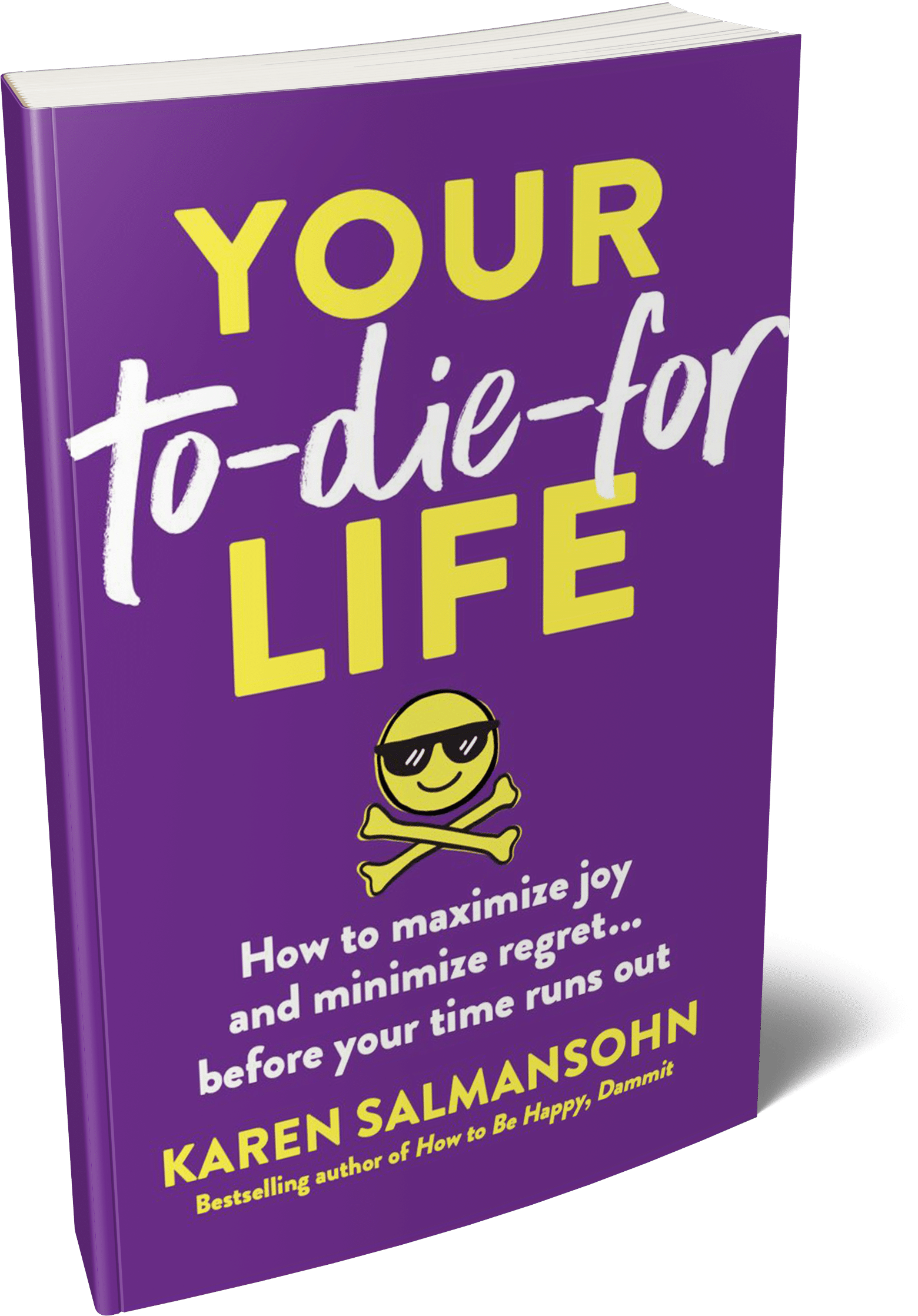
Get A Sneak Peek at my book “Your To-Die-For Life”!
Get a FREE sneak peek! Learn how to use Mortality Awareness as a wake up call to live more boldly.
 The aftermath of a traumatic car accident extends far beyond the immediate physical injuries. It’s a recovery journey that encompasses physical healing, emotional recovery, and often a complete reorganization of daily life.
The aftermath of a traumatic car accident extends far beyond the immediate physical injuries. It’s a recovery journey that encompasses physical healing, emotional recovery, and often a complete reorganization of daily life.
According to Michael Gopin, a car accident lawyer, “The recovery process after a serious collision is unique to each individual, but having a strong support system and understanding of available resources is crucial for optimal healing.”
In the United States alone, approximately 4.4 million people are seriously injured in car accidents annually, with many requiring extensive medical treatment and rehabilitation. The path to recovery often begins in the emergency room, but the journey can stretch for months or even years beyond that initial medical intervention.
Injuries can range from whiplash and soft tissue damage to more severe trauma like broken bones, spinal cord injuries, or traumatic brain injuries (TBI). Statistics show that whiplash affects nearly 3 million Americans annually, making it one of the most common car accident injuries. The rehabilitation process often involves various medical professionals, including physicians, physical therapists, occupational therapists, and specialists depending on the specific injuries sustained.
However, physical healing represents only one aspect of recovery. The psychological impact of a car accident can be equally, if not more, challenging to overcome. Post-Traumatic Stress Disorder (PTSD) affects approximately 9% of car accident survivors, manifesting through symptoms such as anxiety, depression, flashbacks, and fear of driving. These emotional wounds require their own healing process, often with the guidance of mental health professionals who specialize in trauma recovery.
Medical bills, rehabilitation costs, lost wages, and vehicle repairs can quickly accumulate. Insurance claims and potential legal proceedings become part of the recovery landscape, requiring careful attention and often professional guidance to navigate effectively.
One often overlooked aspect of recovery is the impact on daily routines and relationships. Simple tasks that were once taken for granted may become challenging obstacles. Family dynamics often shift as roles and responsibilities are redistributed during the recovery period. Spouses, children, and other family members may need to take on caregiving responsibilities, leading to adjustments in household dynamics.
This affects up to 70% of survivors in the immediate aftermath. Quality sleep is crucial for both physical and emotional healing, making sleep management an important component of recovery. Medical professionals often recommend establishing consistent sleep routines and may prescribe temporary sleep aids when necessary.
Many accident survivors experience anxiety or panic when attempting to get behind the wheel again. This fear is natural and should be addressed gradually and compassionately. Some individuals benefit from working with driving rehabilitation specialists who can help them rebuild confidence and develop strategies for managing anxiety on the road.
Connecting with others who have experienced similar trauma can provide validation, practical advice, and emotional support that family and friends, despite their best intentions, may not be able to offer. Many hospitals and rehabilitation centers offer support groups specifically for car accident survivors.
Research indicates that engaging in mindfulness practices and stress-reduction techniques can significantly impact recovery outcomes. Activities such as meditation, gentle yoga (when physically appropriate), and breathing exercises can help manage pain, reduce anxiety, and improve overall well-being during the recovery process.
The body’s nutritional needs often increase during recovery, particularly for repair of bone and soft tissue injuries. Working with a nutritionist can help ensure the body receives optimal nutrition to support healing and maintain energy levels during rehabilitation.
As recovery progresses, many survivors find themselves reflecting on life priorities and making significant changes in their approach to daily living. Some report a deeper appreciation for life and stronger connections with loved ones. Others may discover new purposes or directions in life, sometimes choosing to advocate for road safety or support other accident survivors.
While some may return to their normal activities within weeks or months, others face a longer journey. Medical professionals emphasize the importance of patience and setting realistic expectations during the recovery process. Pushing too hard too soon can lead to setbacks and potentially compromise long-term healing outcomes.
Successful recovery often requires a comprehensive approach that addresses physical, emotional, and practical needs. Working with a team of healthcare providers, mental health professionals, and legal experts can help ensure all aspects of recovery are properly addressed. Regular communication with these professionals and active participation in treatment plans can significantly impact the success of recovery efforts.
As challenging as the recovery journey may be, it’s important to remember that millions of people have successfully navigated this path. With appropriate support, medical care, and determination, many accident survivors not only recover but emerge with renewed strength and perspective on life. The key lies in approaching recovery as a holistic process, giving equal attention to physical healing, emotional well-being, and the practical aspects of rebuilding one’s life after trauma.
P.S. Before you zip off to your next Internet pit stop, check out these 2 game changers below - that could dramatically upscale your life.
1. Check Out My Book On Enjoying A Well-Lived Life: It’s called "Your To Die For Life: How to Maximize Joy and Minimize Regret Before Your Time Runs Out." Think of it as your life’s manual to cranking up the volume on joy, meaning, and connection. Learn more here.
2. Life Review Therapy - What if you could get a clear picture of where you are versus where you want to be, and find out exactly why you’re not there yet? That’s what Life Review Therapy is all about.. If you’re serious about transforming your life, let’s talk. Learn more HERE.
Think about subscribing for free weekly tools here.
No SPAM, ever! Read the Privacy Policy for more information.